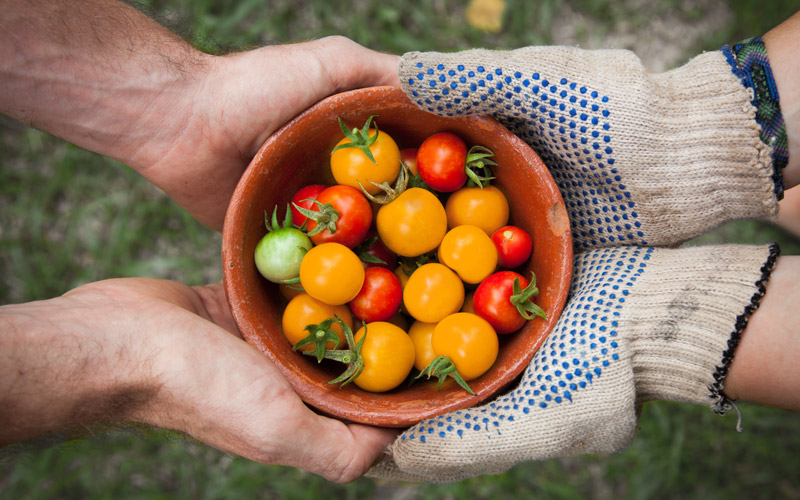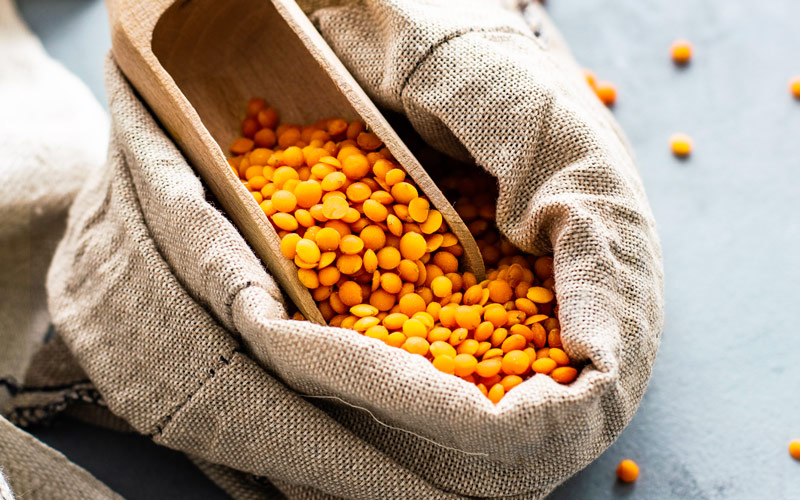Is well-being meeting sustainability?

Brexit is not necessarily boring but it is draining and tiresome. It is quite remarkable how a supposedly advanced nation like the UK can find itself in such a ridiculously unsatisfactory position, unless, of course, one is an absolutely rabid Brexiteer, which must be heaven. The ability to propher credible wisdom on the future of the UK’s relations with the EU is virtually nil as summer comes to an end albeit for the British food system, and every orifice of it, the ramifications of a No Deal situation could be considerable.
That said, with an inability to predict or influence Brexit, bar advising that British food businesses absolutely listen, think about and become agile in preparing for a No Deal through calm, considered and common sense steps, it is an opportune moment to raise one’s eyes from the morass of a dysfunctional political class and perhaps reflect on notable developments in the wider food market.
The well-being and sustainability agendas are not new and far from being peripheral to the development of the British food industry. Whilst this is so, recent developments perhaps represent these factors behind shoppers’ food choices moving through the gear box and, perhaps, more definitively combining.
“…it is not unreasonable to contend that health and well-being are the key changing variables behind shelf-space in supermarkets.”
The notion that the more calories one eats and the less energy one burns results in weight gain is not especially complex, but is now pretty much accepted as fact. With that thought in mind, with growing evidence of the health challenges associated with obesity around cancers, coronary heart disease and strokes, means that more and more people are listening, thinking and changing their dietary behaviour.
Indeed, it is not unreasonable to contend that health and well-being are the key changing variables behind shelf-space in supermarkets and the menu items of the food & beverage sector at this time. At its most simple, of course, dietary well-being is simplicity, so fruit & vegetables come to mind, of which all health professionals encourage more consumption, with some scaling back at a population level of salt, harmful saturated fats and sugars.
That said, salt, saturated fats and sugars tend to taste good and give quick fix pleasures; comfort if you like. More to the point, the processed foods revolution of the twentieth century brought with it a reduction in food preparation time, so convenience, a key feature of the food markets in developed, or is that older, nations. Accordingly, health & well-being is now being factored into the convenience agenda across all categories, including pet food. This will continue.
A further feature of food markets has been sustainability of the planet Earth. The meaningfulness of the environment, for the want of the better term, is much less apparent on shelves and menus at this time as me (well-being) is more important than you (the environment), and especially so when pennies become few, as we witnessed in the UK in the last recession (which could be a relevant thought if the UK does drift into recession with undeniable implications for the labour market). Indeed, much food industry change around sustainability has been one of regulatory compliance, rather than aggressively chasing the green pound.
Is this changing though? The noise around climate change is now greater than ever and it does not look like it is going away; not least because more volatile weather systems seem to be with us plus notably warmer facts and figures. As such, the propensity of folks to listen, think and change behaviour around the food they eat with respect to the planet, and most particularly its packaging, is rising. Indeed, the sustainability agenda to the extent it relates to the environment also feels like it has gone through the gears.

“…at a global level, food markets are adjusting as a myriad of processes seemingly converge around well-being, convenience and sustainability”
So, does well-being and sustainability converge? Well, one area where vested interests are seeking to do so is plant-based proteins and, in particular, meat-based substitutes. Indeed, the rocket propelled IPO of Beyond Meat, with its meat look-a-like products made from plant-based proteins, is a story in its own right. More to the point, profile around bovine cattle production and the emission of methane as a contribution to climate change, for example, is becoming more common parlance, which in theory plant-based products, either in their own right or as meat substitutes, seemingly lead shoppers to feel good about themselves and others.
Whilst this is all so, the plant-based products perhaps need more scrutiny, just as animal based proteins correctly face, into their environmental impact – canola, pulses and soy – and their health implications when dosage levels rise. Equally, in facing a real challenge now, the livestock industry has to think about how its farming systems can lower emissions and actually use agronomic methods to sequest carbon, which as progress emerges, will be a positive for the reputation and demand of product from such systems.
So, whatever Boris, Jean-Claude, Jeremy and their cabal of plotters come up with on the political front remains to be seen, who knows and what could possibly go wrong? Whilst so, at a global level, food markets are adjusting as a myriad of processes seemingly converge around well-being, convenience and sustainability. As these processes further develop there will be greater scrutiny, particularly around climate change and plant based production systems and the claims that are made. Whilst, so the challenges to the meat industry are also likely to be met, noting the enormous debate on this front in Ireland for example, where necessity is the mother of invention.
Beyond politics, beyond meat there is much to think about, innovate and add value to.
Dr Clive Black
Advisor to Coriolis Consulting
August 2019








